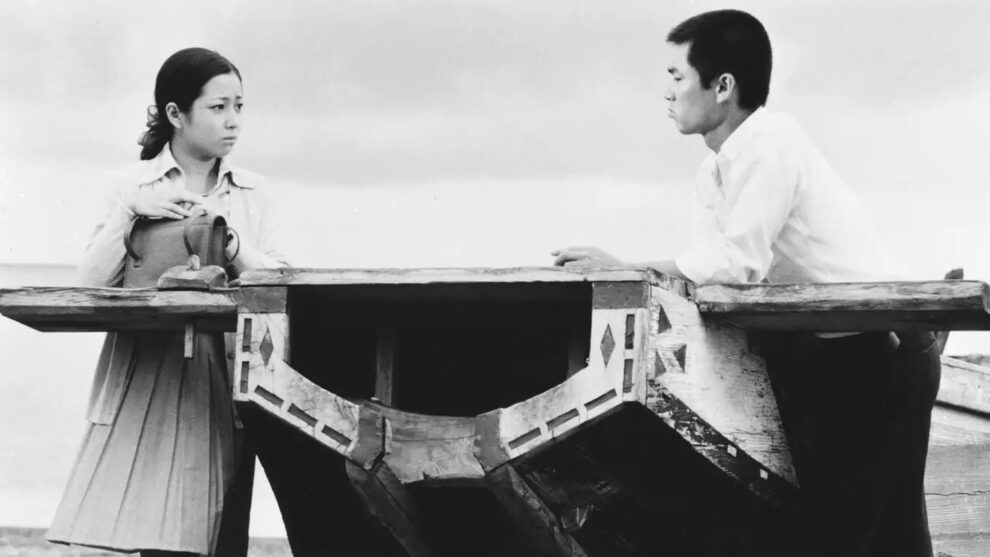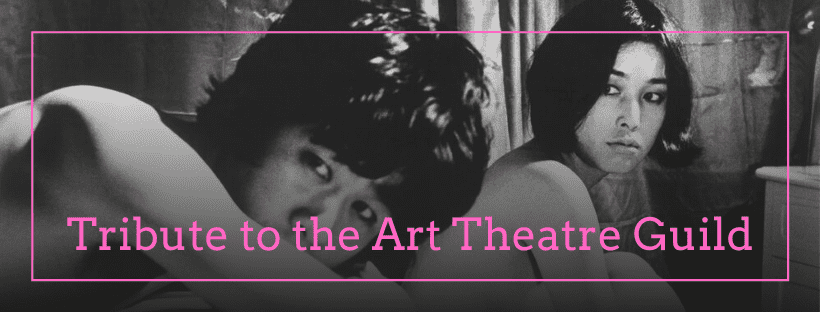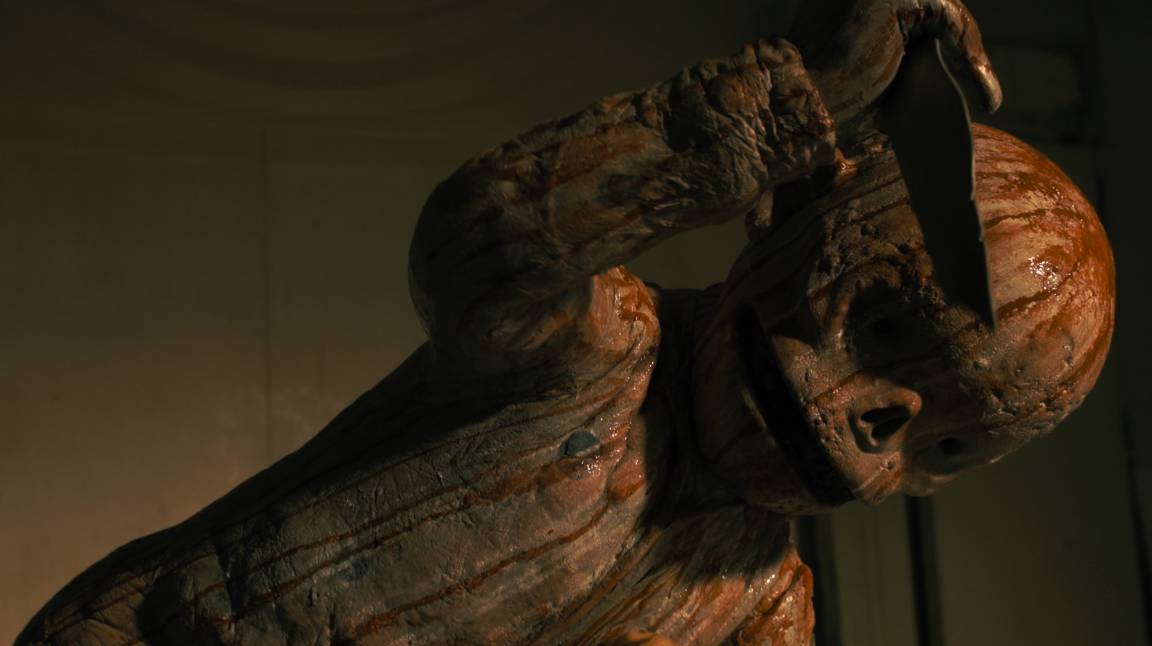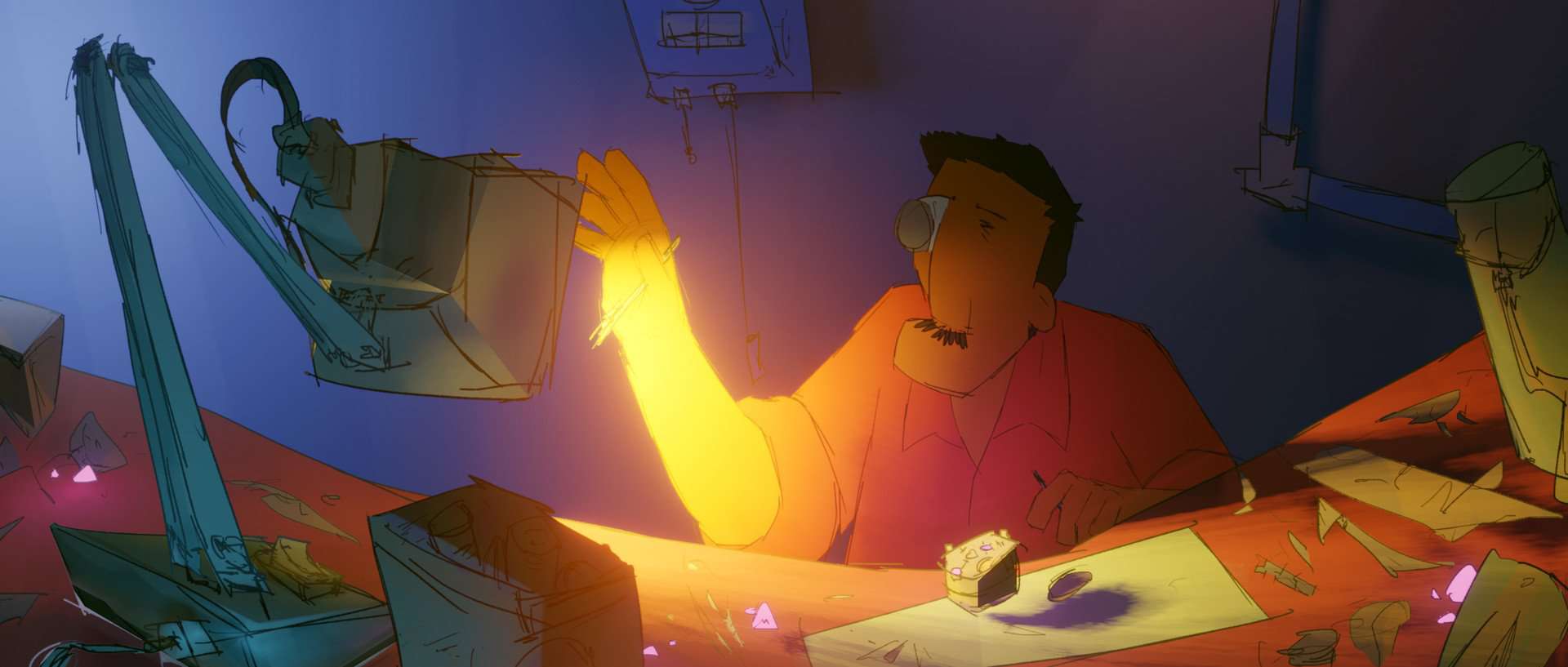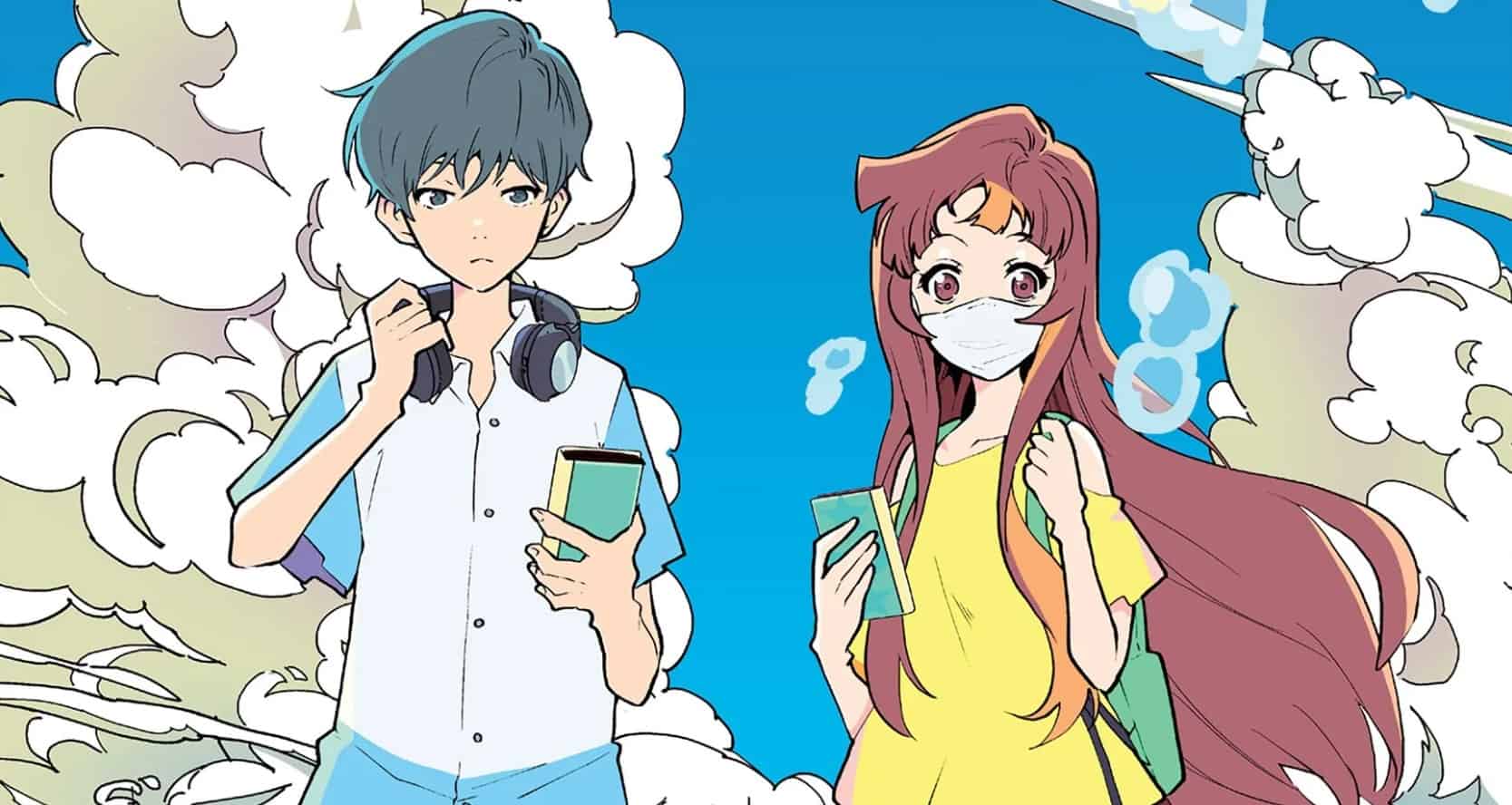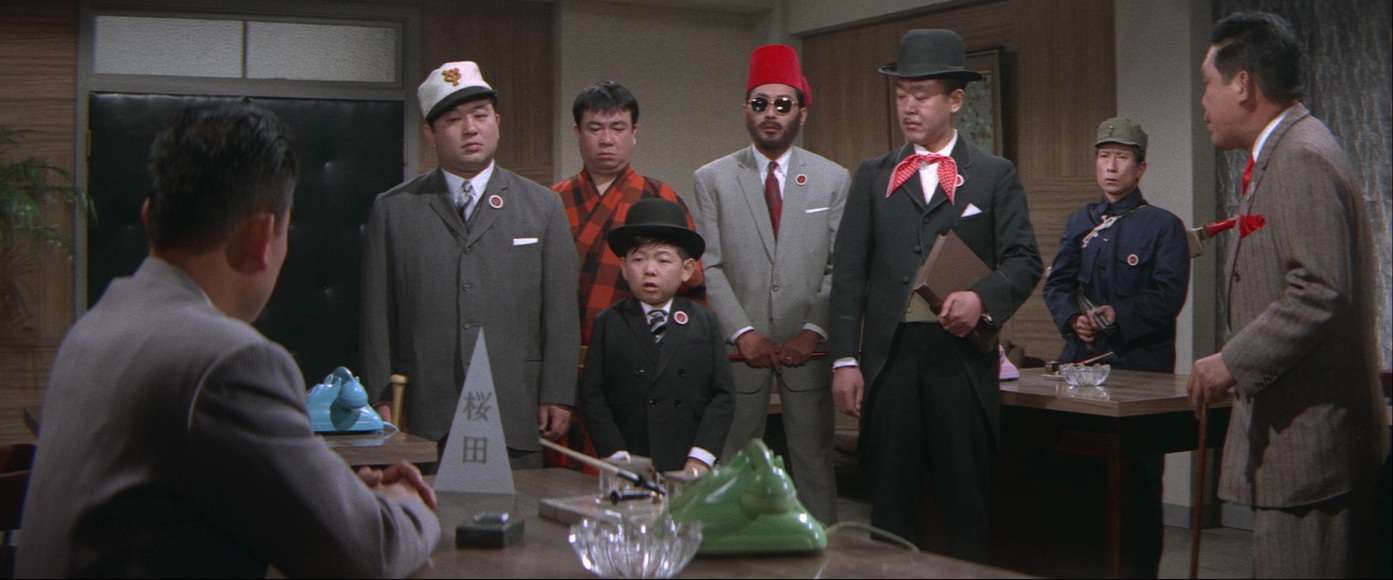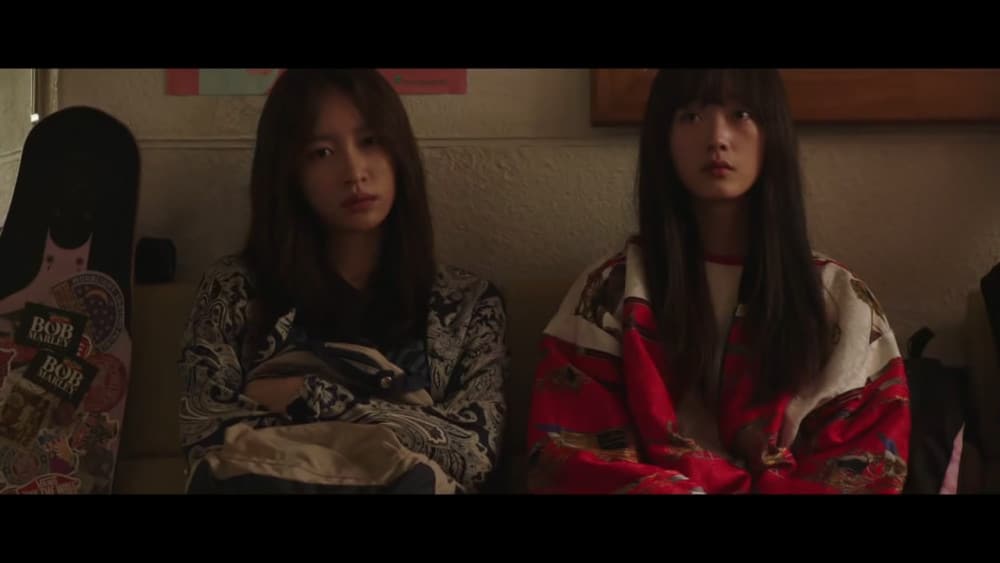Featuring one of the best screenplays we have seen in an ATG movie, by Takehiro Nakajima (some allege it was inspired by his own life), who won a number of awards in 1976 for his effort, “Preparation for the Festival” is another great sample of the company's catalog, that takes a rather realistic, as much as comedic look at the life in rural Japan during the 50s, also channeling intense erotic elements. The film was included in the top 200 of Kinema Junpo critics, in number 157.
The story revolves around Takeo, a young man in his 20s, who is working as a clerk in the small town he has been living in all his life. However, Takeo's mind is definitely elsewhere as his thoughts are monopolized by his will to leave for Tokyo, and finally losing his virginity, with the latter concept frequently resulting in embarrassing moments for him with his mother, Tokiyo and his female friend, Ryoko. It is also his mother that is adamant about not letting him go, fearing for his future but also of being alone, since her husband, relentless womanizer Kiyoma, moves in with another woman every year or so. Their neighbors are in no better state either. Sadakazu, the older brother, is in prison, while Toshihiro, the younger, follows on the same path, occasionally dragging Takeo with him. Their sister, Tamami, eventually returns from years of prostituting in Osaka, having a mind completely burned out by drugs she was fed, and exhibiting nymphomaniac tendencies.
Takeo eventually also goes to her, but once more, has a shameful interaction, with his grandfather this time, Shigeyoshi. When Tamami becomes pregnant, Shigeyoshi decides he is the father and takes her in, only to face his own shameful series of events that end up in tragedy. A meeting with Ryoko, who had her own share of drama, in another town, ends up in a series of events that finally lead him into taking a decision about his future.
Evidently, there is an abundance of episodes and characters here, all of which however, aim at highlighting the dead-end all of them find themselves in, particularly due to the way life unfolds in small communities, and the desperate ways they find in order to cope. In that fashion, Takeo wants to leave in search of a better future but also in search of sex. His father, who could not leave, channeled his frustration towards relationships with women, while his mother, not having any alternative, has latched herself onto her son, essentially imprisoning him with her behavior.
Ryoko eventually strikes a relationship with a leftist that roams into the town, seeing him as a means of escape that just brings her to the next town, though. Sadakazu, his sister and his brother Toshihiro end up in booze, drugs and all kinds of delinquency, again in an obvious and quite failed effort to escape. Lastly, Shigeyoshi emerges as the most tragic figure of all, with his desperate effort to find a life worth living by latching himself on a prostitute with drug addiction ending up in the worst way.
The setting all of these are taking place is also brutally realistic, with Kuroki presenting the particular types of small societies as ones with no way out, in a way of life that can easily be described as institutionalization. That the exterior of the laid-back and cheerful nature of the inhabitants essentially hides their mischievous, meddlesome, racist, and gossipy nature also moves into the same direction, but their overall alcoholic, drug-addicted, philandering ways are even more eloquent. Lastly, the laws about family register make a rather harsh critique on the system of the time, with Tamami's decision regarding who she will stay with dictating the fate of her baby.
Check also this interview
Also of note, and in the element that implies that the story has something to do with Nakajima's career, Takeo also wants to write pinku stories, just as the scriptwriter himself spent most of his screen career writing pinku films. That he is dealt with reactions that border on horror when he tries to express his thoughts also moves in the same direction, in an element that can actually be described as meta, even decades before the term became prevalent.
Despite the many characters appearing in the movie, Kuroki has managed to exact great performances from the majority of them. Jun Eto as Takeo is an excellent protagonist, highlighting his multileveled frustration with measured eloquence. Haruko Mabuchi is impressive as the desperate Tokiyo, with the way she desperately tries to keep her son from leaving and put up with her husband's infidelity, being a wonder to watch. The scene where her frustration becomes physical is one of the most memorable in the whole movie. Jun Hamamura as Shigeyoshi portrays the desperate and somewhat senile grandfather in rather entertaining fashion, playing off quite nicely with the burnt out character of Rie Katsuragi's Tamami. Lastly, Yoshio Harada plays the likable delinquent Toshihiro with gusto.
Tatsuo Suzuki's cinematography manages to avoid the reef of nostalgia, showing images that are occasionally gorgeous but also highlight the suffocating setting the protagonists inhabit. The shooting of the many erotic scenes is more artistic than titillating, in an approach that does work well for the movie as a whole. Hiroshi Asai's editing results in a relatively fast pace that allows all the episodes and characters to breathe, particularly after the half hour limit. The ending, however, could have been cut a bit shorter.
Although moving much more towards Hollywood aesthetics of the era than other ATG productions, “Preparation for the Festival” is still an excellent film, particularly for its entertaining and rich contextually story.


